In this article, we will explore the economic impact that pests have on global trade. Pests have long been a nuisance for businesses and individuals alike, causing damage to crops, contaminating food supplies, and spreading diseases. This not only leads to significant financial losses, but also disrupts trade and creates barriers for countries looking to export their goods. By understanding the extent of this issue, we can better appreciate the importance of effective pest control measures and the role they play in sustaining global commerce. So, let’s delve into the world of pests and their impact on global trade!
Introduction
Welcome to our comprehensive article on the economic impact of pests on global trade. In this article, we will explore the various aspects of global trade and how pests play a significant role in shaping its landscape. We will delve into the different types of pests that affect trade and discuss the research and development efforts being made to mitigate their impact. So sit back, relax, and let’s dive into the fascinating world of pests and global trade!
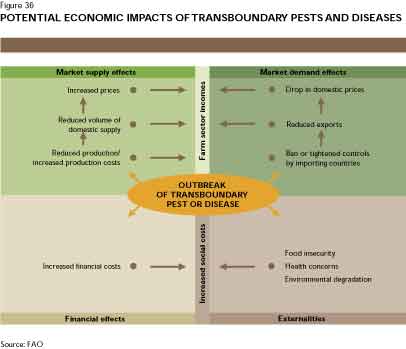
Overview of Global Trade
Global trade is the exchange of goods and services between different countries and regions. It plays a crucial role in the growth and development of economies around the world. International trade allows nations to specialize in the production of goods and services they have a comparative advantage in, leading to increased efficiency and higher living standards. However, this extensive network of trade also opens the door for pests to travel across borders and wreak havoc on agricultural and natural ecosystems.
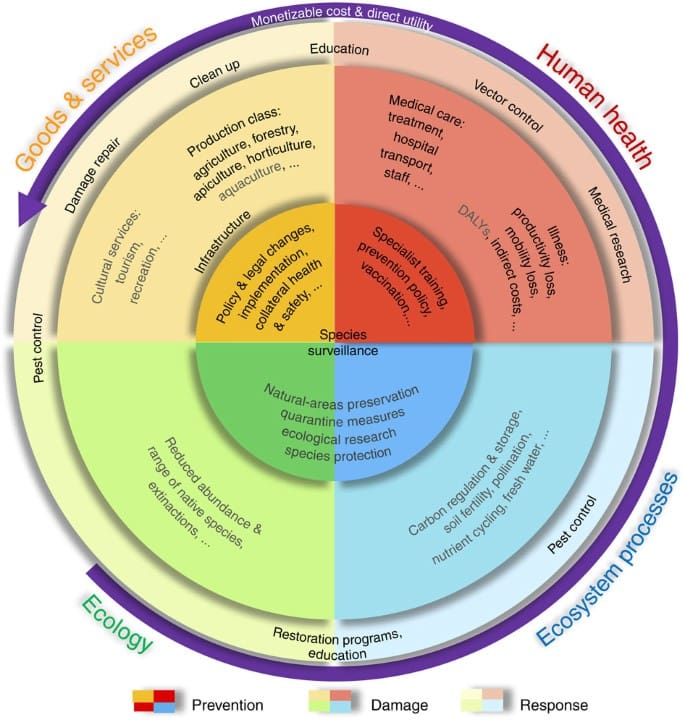
The Role of Pests in Global Trade
Pests, which include insects, plant diseases, fungal pathogens, rodents, and aquatic organisms, pose a significant threat to global trade. They can cause devastating damage to crops, forests, and infrastructure, leading to significant economic losses and disruptions in the supply chain. These pests can hitch a ride on traded products such as agricultural produce, raw materials, and even manufactured goods. Once introduced into a new environment, they can multiply rapidly, decimating native species and damaging ecosystems.
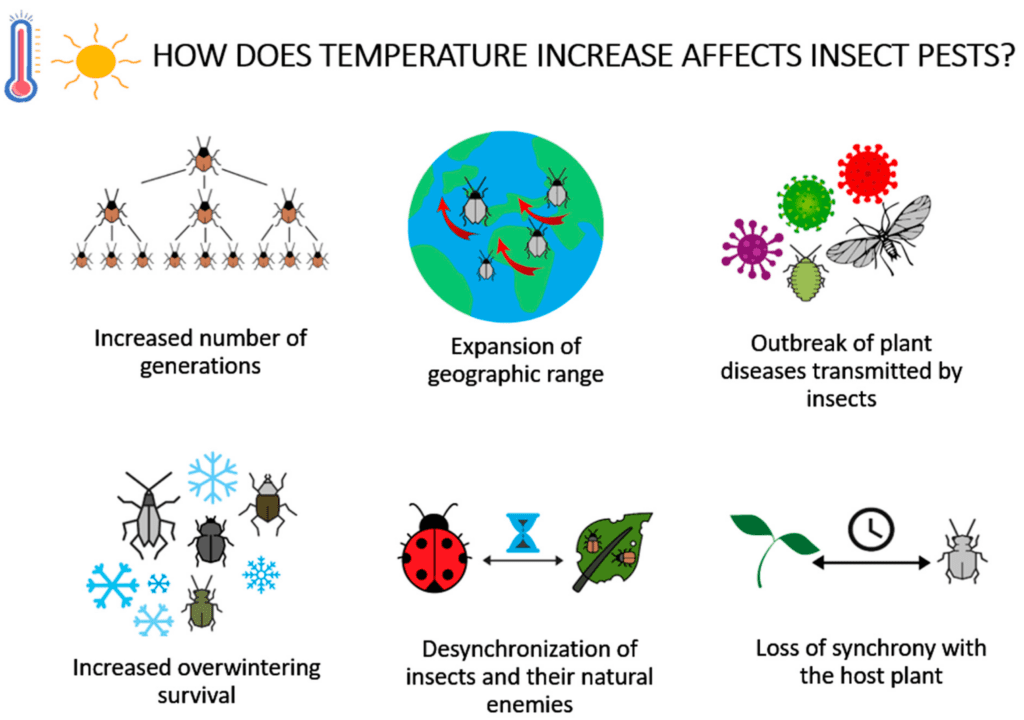
Types of Pests Affecting Global Trade
1. Insect Pests
Insect pests are one of the most common and well-known threats to global trade. These tiny but destructive creatures can infest agricultural crops, stored food products, and even wooden cargo, causing immense economic losses. Examples of notorious insect pests include the Mediterranean fruit fly, the Asian longhorn beetle, and the red palm weevil. These pests can spread rapidly, leading to widespread crop failure, trade restrictions, and increased reliance on chemical pesticides.
2. Plant Diseases
Plant diseases are caused by various microorganisms such as bacteria, viruses, and fungi. They can spread through the movement of infected plant material, seeds, or even soil. Plant diseases not only reduce crop yields but also lower the quality of agricultural products, making them unsuitable for trade. One notable example is the Panama disease, which affects banana plantations worldwide. The spread of plant diseases through global trade poses a significant risk to food security and agricultural systems.
3. Fungal Pathogens
Fungal pathogens are another group of pests affecting global trade. These microscopic organisms can attack plants, animals, and even humans. Fungal diseases can cause severe damage to crops, leading to reduced harvests and increased production costs. One well-known example is the Fusarium wilt in tomatoes, which can lead to complete crop failure. Fungal pathogens pose a significant challenge to international trade as they can survive in traded goods, infect new environments, and establish themselves in non-native ecosystems.
4. Rodents and Mammalian Pests
Rodents and other mammalian pests are not only a nuisance but also a threat to global trade. These pests can damage storage facilities, contaminate food products, and even cause structural damage to buildings and infrastructure. Rats, mice, and other rodents can hitch a ride on traded goods and spread to new locations, leading to infestations and economic losses. Measures such as proper packaging, fumigation, and pest control efforts are crucial in preventing the spread of mammalian pests through international trade.
5. Aquatic Pests
Aquatic pests, including invasive species and diseases affecting marine life, pose a unique challenge to global trade. Ballast water from ships, which is often exchanged in different ports, can carry invasive organisms such as zebra mussels or the harmful algal blooms. These pests can disrupt aquatic ecosystems, damage infrastructure, and impact local fisheries and aquaculture. Strict regulations and monitoring are necessary to prevent the spread of aquatic pests through international maritime trade.
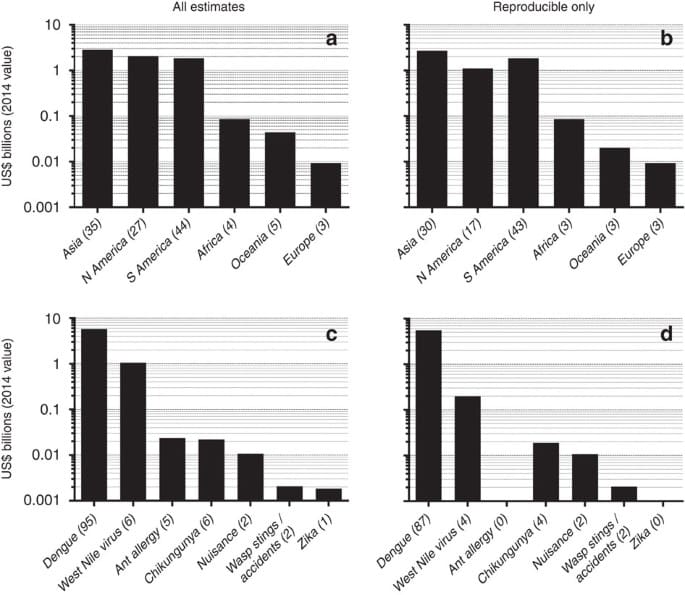
Research and Development
To mitigate the economic impact of pests on global trade, significant efforts are being made in research and development. Scientists and experts are working on the development of pest-resistant crops, integrated pest management techniques, and the use of biological controls. Advances in technology, such as remote sensing and data analytics, are also being utilized to detect and monitor pests more effectively. Additionally, international organizations and governments are collaborating to develop international frameworks and agreements aimed at preventing the spread of pests through trade.
In conclusion, pests play a crucial role in shaping the landscape of global trade. Their ability to spread through international borders poses significant risks to agriculture, ecosystems, and economies worldwide. As we continue to trade goods and services across borders, it is vital to prioritize effective pest control measures, invest in research and development, and foster international cooperation to mitigate the economic impact of pests on global trade. By doing so, we can ensure a more secure and resilient global trade system for the benefit of all.
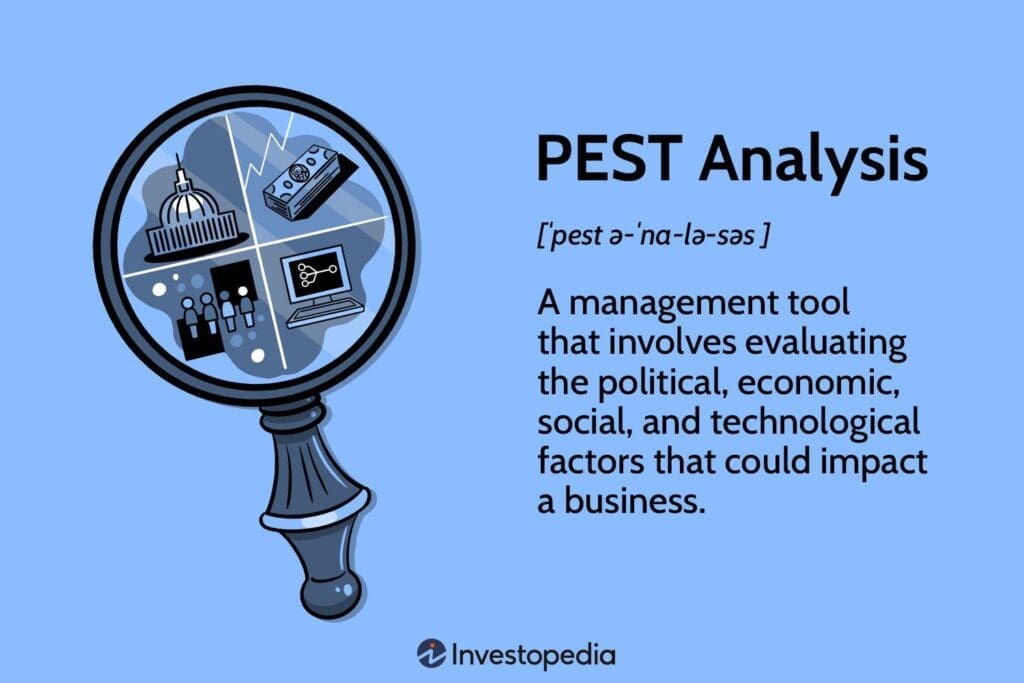

I am Randy, the author behind PestControld.com. Drawing from decades of experience, I aim to provide valuable insights, expert advice, and practical recommendations to help you make informed decisions when assessing viable pest control solutions.